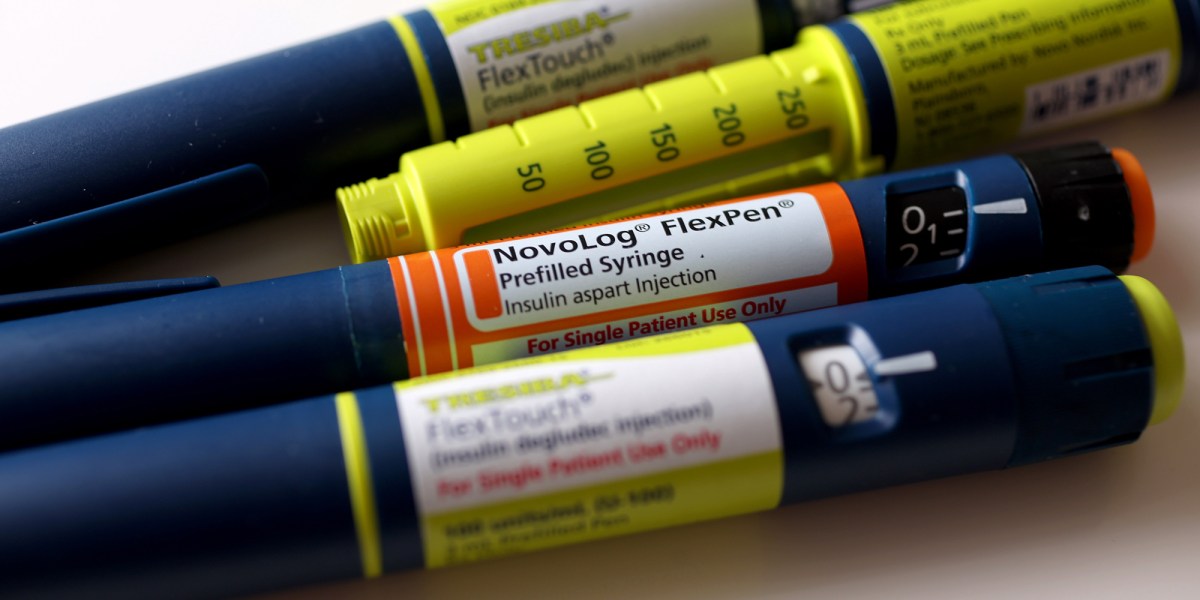“This was an unexpected victory in a long fight against an illegal cartel of three corporations who have raised their insulin prices in lockstep.”
The Biden Administration pleasantly stunned health care reform advocates Tuesday by including short-acting insulin in its list of 10 drugs for which Medicare will negotiate lower prices, power vested in the White House by the Inflation Reduction Act.
The IRA was passed in the face of one of the heftiest barrages of lobbying in congressional history, with the pharmaceutical industry spending more than $700 million over 2021 and 2022 — several times more than the second- and third-ranking industries — much of it aimed at stopping the legislation, watering it down, or undermining its implementation.



I don’t think the original expression had anything to do with the Trojan horse.
I believe the original relates to the fact that one of the ways you check the health and condition of a horse is to check its teeth. But if someone is giving you a horse as a gift, it’s rude to check the teeth as it implies you think they’ve sold you a lemon.
So it just means ‘be grateful for what you’re given’. So I think the Troy parallel is just a coincidence.
I could be talking absolute rubbish though.
That’s the meaning. The earliest example is
“from St. Jerome’s “The Letter to the Ephesians” (written in Latin) in AD 400: “Noli equi dentes inspicere donati.” (This translates as “Never inspect the teeth of a given horse.”) https://www.grammar-monster.com/sayings_proverbs/dont_look_a_gift_horse_in_the_mouth.htm#:~:text=This idiom is over 1500,determined by examining its teeth.
The German version is “Einem geschenkten Gaul schaut man nicht ins Maul”. Often followed by, “Einem geschenkten Barsch schaut man nicht unter die Kiemen.”